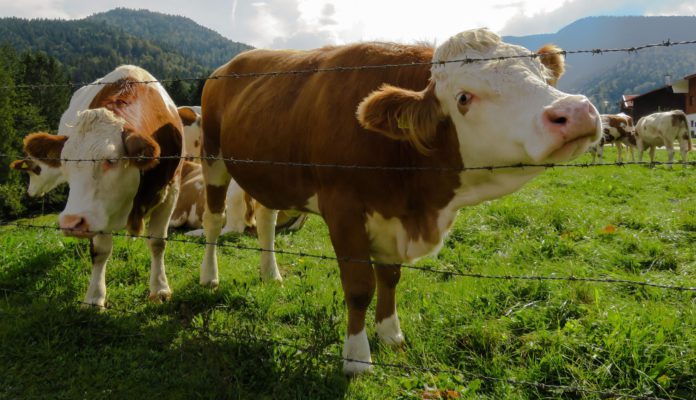Independent TD, Michael Healy-Rae, has asked Minister for Agriculture, Food, and the Marine, Charlie McConalogue, why Bord Bia Quality Assurance Scheme membership is an entry requirement for the new suckler farming scheme.
In a previous statement, a spokesperson for the DAFM outlined that Bord Bia SBLAS membership is required as the carbon footprint in the sustainability audit will be used to measure changes over the course of the contract.
In direct response to Healy-Rae’s request for a statement on the matter, McConalogue outlined the management and operation of the sustainable beef and lamb assurance scheme (SBLAS), of which there are approximately 53,000 members. is an “operational” matter for Bord Bia.
Sustainability audit
A core element of the SBLAS is a sustainability audit which features a carbon footprint measurement.
The primary objective of the carbon footprint measurement is to enable the quantification of all environmentally sustainable activities Irish farmers carry out, he added.
He continued: “The SBLAS sustainability audit, including the carbon footprint measurement, is developed on an internationally verified quality assurance model.”
“There is no direct cost to the farmer for participation in the SBLAS, as my department funds the costs of the audits.”
“As the deputy may be aware, the carbon footprint measurement is both an eligibility requirement and an integral element of the proposed Suckler Carbon Efficiency Scheme under the new CAP.”
“In designing the scheme, in consultation with farming stakeholders, the department gave detailed consideration to all aspects of the scheme design, including potential mechanisms for delivery of the carbon foot-printing requirement.”
“I am satisfied that the chosen scheme design is the most appropriate,” he concluded.
Other articles on That’s Farming:





